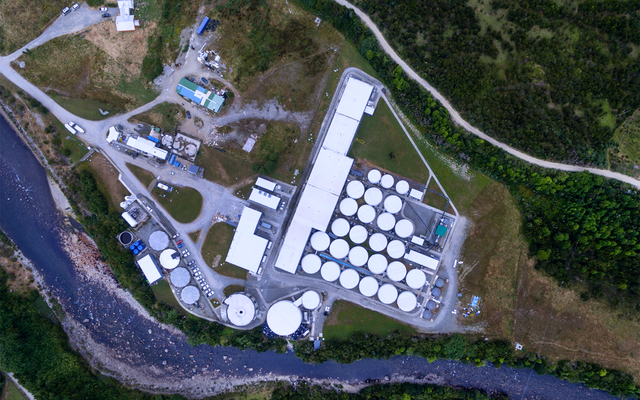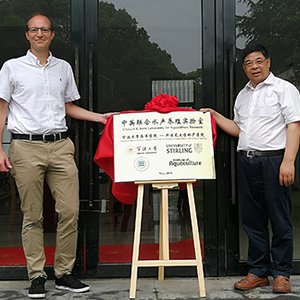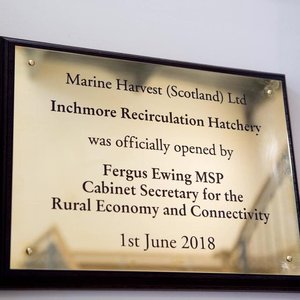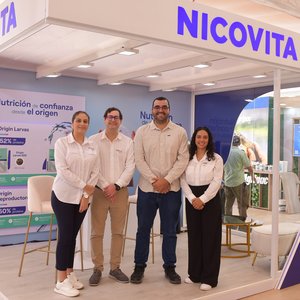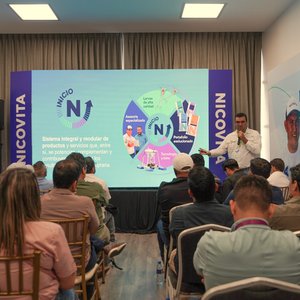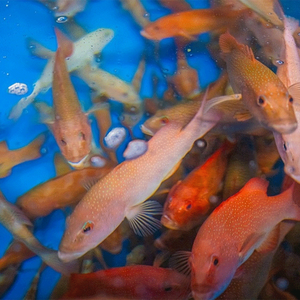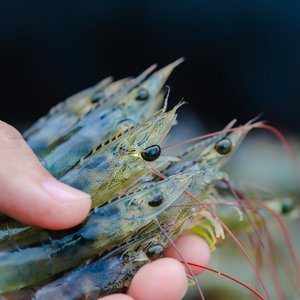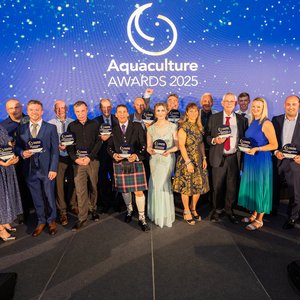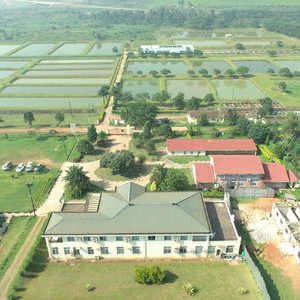Benchmark and AquaChile, the world’s 6th largest salmon producer, have signed an agreement to form a breeding and genetics joint venture.
The joint venture, which will be named Benchmark Genetics Chile, will produce eggs in the Chaicas high-quality biosecure land-based facilities in Chile, with back-up from Benchmark Genetic’s land-based breeding operations in Iceland and genetic technology from Benchmark’s Akvaforsk Genetics in Norway.
Benchmark Genetics Chile is expected to supply AquaChile’s entire Atlantic salmon egg requirement and other customers. The company will also market Coho Salmon and Rainbow Trout eggs adapted for Chilean conditions.
The new Company will combine leading-edge technology in salmon genetics and genomics from Benchmark and AquaChile to drive progress in the future on many of the key traits to the Chilean Industry, including resistance to diseases such as SRS and sea lice.
"We are very pleased to announce today’s Chilean joint venture; combining AquaChile’s existing high quality land-based production and locally adapted genetics business with Benchmark’s leadership in salmon genetics and long-standing research in the field. Together, we believe we will create a world class operation in Chile," said Malcolm Pye, Benchmark CEO.
“Genetics provide the best starting point for production in terms of disease resistance, production efficiency and processing quality and yield. This agreement establishes a strong platform for Benchmark in Chile and we look forward to working with the industry to support its sustainable development for the long-term future”, he added.
Agustín Ugalde, CEO of AquaChile commented: “This partnership will allow AquaChile to continue improving the genetics of our fish and, with that, the productivity and overall performance in our core salmon and trout farming business. We have found in Benchmark a partner with a solid track record and the right focus on the main aspects of our business, such as health, nutrition and genetics. This transaction also validates our efforts to date in building local capacity for the production of salmon eggs to the highest quality and biosecurity standards.”


